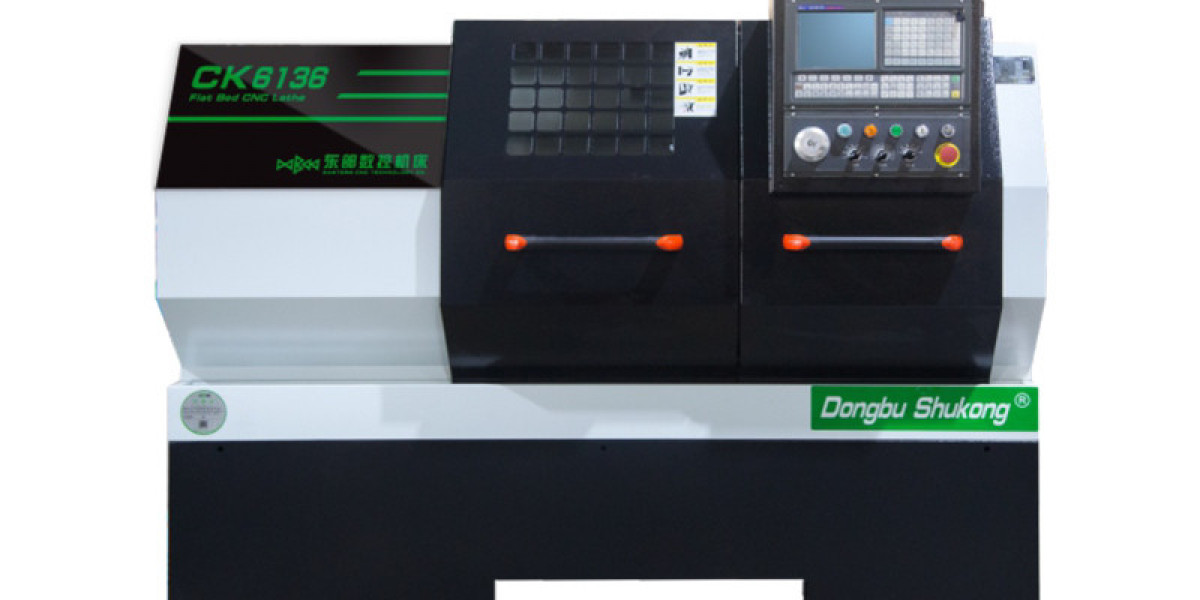The integration of advanced technology into traditional manufacturing processes has brought about significant improvements in productivity, efficiency, and precision. One such technological advancement is the CNC Flat Bed lathe, which has become a central piece of equipment in many manufacturing operations. These machines are designed to provide manufacturers with greater control over the machining process, allowing for the production of complex parts with high accuracy.
At the core of the CNC flat bed lathe’s design is its stability. The flat bed structure offers a solid foundation that reduces vibrations, ensuring smoother operations, especially when working with larger or heavier workpieces. This level of stability is critical for ensuring that high-precision components are machined to the required specifications, even with demanding materials. Whether machining aluminum, steel, or harder metals, the flat bed design ensures that the lathe remains steady throughout the process, reducing the chances of errors or inaccuracies.
CNC flat bed lathes also stand out due to their ability to perform multiple machining operations on a single platform. These lathes are equipped with advanced features, such as automated tool changers, which allow for greater flexibility in the machining process. With the ability to turn, drill, and thread parts in one setup, manufacturers can significantly reduce cycle times and improve overall efficiency. This is particularly advantageous in high-volume production environments where time and accuracy are of the essence.
Another advantage of CNC flat bed lathes is their precision. Unlike manual lathes, which rely on the operator’s skill and experience, CNC machines follow programmed instructions to carry out operations. This ensures consistent results across production runs, reducing the risk of human error and increasing the overall quality of the finished product. The high precision of CNC flat bed lathes makes them ideal for industries that require parts with tight tolerances, such as aerospace and automotive.
In addition to precision, the automation provided by CNC flat bed lathes also enhances productivity. These machines are capable of running for long periods with minimal supervision, reducing the need for constant manual adjustments. The ability to program the lathe for specific tasks and let the machine operate autonomously not only increases production speed but also frees up valuable operator time for other tasks.
Furthermore, the versatility of CNC flat bed lathes makes them suitable for a wide range of applications. From small-batch production to large-scale manufacturing runs, these lathes can handle various part sizes and complexities with ease. The ability to customize the machine’s settings through programming ensures that manufacturers can adapt quickly to changes in design or material type without requiring additional tools or machinery.
In conclusion, CNC flat bed lathes offer a range of benefits that make them an essential tool for modern manufacturers. Their stability, precision, versatility, and automation capabilities help businesses enhance their machining processes, improving both quality and efficiency. As manufacturing technology continues to evolve, CNC flat bed lathes will remain a key element in the production of high-quality components across a variety of industries.









